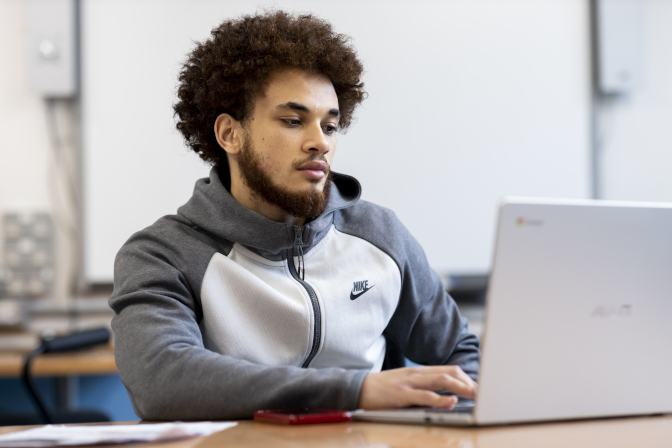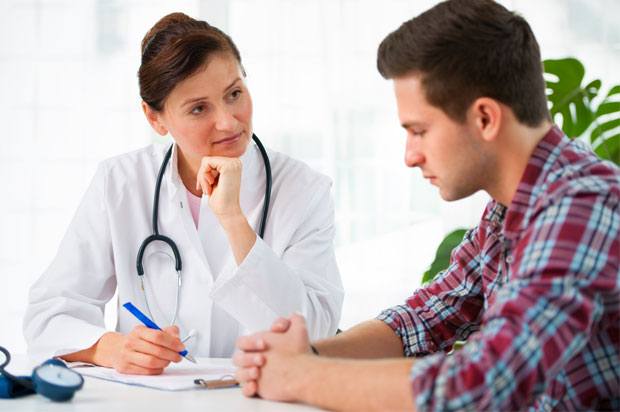Self-poisoning and overdosing

People don’t necessarily take an overdose with the intention of ending their life, but as a method of self-harm. Find out what this means and how to get support.
What is self-poisoning and overdosing?
Overdosing is deliberately taking more than the recommended dosage of medicine, or taking a large amount of illegal drug. Taking repeated overdoses is known as self-poisoning, which is a type of self-harming behaviour. Some people resort to it as a way of dealing with difficult emotions or situations, but it can become a destructive pattern. Some people may also self-harm by:
- Swallowing poisonous substances such as bleach or other chemicals
- Swallowing objects such as razor blades
- Inhaling glue, lighter fuel or petrol
It may be that you, or someone you know, self-harms in this way on a regular basis, or it could just be once or a few times. Even if you/they don’t intend to cause death, self-poisoning can cause accidental death.
What can I do if I’ve overdosed?
If you’ve taken an overdose or self-harmed in any of the ways described above, you should:
- Go to Accident and Emergency (A&E) straight away, or call 999
- Contact a family member or and let them know where you are
- Take the bottle or packet of what you’ve taken with you and tell the doctors what you have taken and how much
The type of treatment you receive depends on the type and amount of substance you’ve taken, as well as the general physical state you’re in. In order to make a decision on how best to treat you, the doctors are likely to do some blood tests. They may treat you immediately or keep an eye on you for a period of time to see how you progress.
It’s important to try and tell medical staff why you’ve overdosed – this will help them provide you with suitable support, particularly after you’ve physically recovered. Be honest about whether you wanted to end your life, did not care if you lived or died, or if you took an overdose for a different purpose. This will help them assess the type of support you need.
For more on going to A&E for an overdose or self harm, see this article.
Keeping safe following an overdose
If you decide not to go to the hospital following an overdose, it’s important that you still take care of yourself whilst at home. While you might physically feel that you’re better, self-poisoning can still affect you in the days afterward. You should:
- Even if you feel OK the day after taking an overdose, still get yourself checked out; fatal organ failure may not happen immediately.
- If you feel like self-poisoning or overdosing again, tell someone you trust how you feel. This might help relieve some of the pressure, give you some other options and can be a step to getting help.
- If possible, put yourself into the recovery position after self-medicating, self-poisoning or overdosing.
- If you’re worried about a friend who self-harms in this way, it’s a good idea to familiarise yourself with some first aid methods.
What are the dangers of self-poisoning?
Overdose: An overdose can lead to unconsciousness, coma or death.
Internal organ failure: Fatal organ failure may not happen immediately, but could occur several days after an overdose.
Choking on vomit: If you pass out, you could inhale or suffocate on your own vomit – this can cause brain damage due to a lack of oxygen in the brain, lung damage, and also death.
Numbness and lack of coordination: Many substances can make you feel disorientated or drowsy, so you’re more like to hurt yourself or others.
Impaired decision-making, disorientation and confusion: This could lead you to put yourself in a dangerous situation.
Why do people overdose?
Someone may overdose or self-poison for a variety of reasons, such as to switch off from distressing feelings, get away from a difficult situation, or gain a sense of control. However, some people may want to end their life or feel uncertain about whether they want to live or die, and overdose so they can ‘leave it to fate’.
Read expert advice on coping with suicidal feelings.
Learn about supporting someone who self-harms.
I keep on overdosing, what can I do?
Should you feel the need to overdose again, please reconsider and be aware that help is out there. If you would like to speak to someone about it, you can call:
- The Bristol Crisis Centre for Women who have a national self-harm helpline on 0117 925 1119
- Samaritans are also available 24 hours a day, everyday, and you can also contact them on 08457 90 90 90
You might like to consider visiting the website of the National Self-Harm Network, an organisation providing support to people who self harm. Their website features a range of resources and also includes a message board.
Talking to a GP about overdosing
You can make an appointment with your doctor (GP), if you are not already receiving any professional support. There may be certain underlying issues surrounding your behaviour, such as anxiety or depression. There are a number of ways of treating depression and anxiety, both with and without medication. Your doctor will be able to discuss the medical and talking treatment options available, such as antidepressants or cognitive behavioural therapy.
Your GP should also be able to refer you onto an appropriate counselling service or you could try contacting the Youth Access if you wished to seek this form of support independently.
Just voicing your feelings will help you to gain some perspective on the situation. If you feel uncomfortable talking to someone you know, you might find it easier to start by talking in confidence and without judgement to a volunteer at SANEline on 0300 304 7000.
Next Steps
- Papyrus supports young people who are feeling suicidal - you can call, email or text them. Call on 0800 068 41 41.
- Anyone can contact the Samaritans on their 24-hour helpline to talk things through. 116 123
- Under 19? You can get confidential help with self-harm from ChildLine – either over the phone or through an online chat.
- Chat about this subject on our Discussion Boards.
By Holly Turner
Updated on 06-Jan-2021
Sorry, comments closed
No featured article















